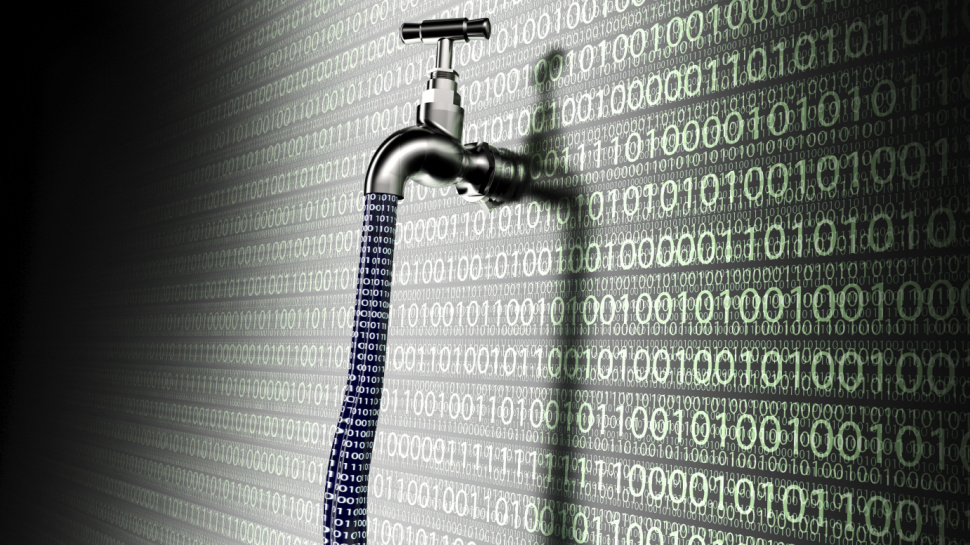Telegram CEO Pavel Duvrov is discovering the benefits of hiring non-technical engineers, as following recent criminal charges brought against him in France for complicity in criminal activity committed on the platform, he announced that the company will now comply with requests for user data made by law enforcement.
As noted by 404 Media (via BBC News), the messaging platform typically only included a clause in its terms of service stating that the only criminal activity it would cooperate with law enforcement on would be terrorist offences, but this now appears to be changing.
Duvrov said in a Telegram post that such a change “should deter criminals,” though he was quick to add that “while 99.999% of Telegram users have nothing to do with crime, the 0.001% involved in illicit activities creates a bad image for the entire platform, putting the interests of our nearly 1 billion users at risk.”
Implications of Telegram user data
A “dedicated team of moderators,” Duvrov said, will now review the platform to remove offensive material, but some researchers are not convinced this will satisfy lawmakers.
Daphne Keller of Stanford University's Center on Internet and Society noted that some countries also require platforms to send warnings about particularly egregious material, such as that depicting child abuse.
“It appears to be a smaller commitment than the authorities are demanding,” the BBC reported.
While it's fundamentally a good thing that Telegram now cooperates with law enforcement on crimes like abuse and harassment, making it a safer place for all users, the new change to the terms of service is likely to make Telegram much more dangerous for political dissidents.
John-Scott Railton, a senior researcher at the University of Toronto’s Citizen Lab, acknowledges that the platform once “attracted people who wanted to feel safe sharing their political views in places like Russia, Belarus and the Middle East,” but that those same people “are now looking at Telegram’s announcement with one basic question in mind: Does this mean the platform will start cooperating with authorities in repressive regimes?”
These people, who we must stress do not include the far-right “activists” who organised violent riots in England over the summer, deserve our sympathy. However, platforms must, at a basic level, be kept safe from criminals.
Ultimately, genuine and persecuted dissidents should not feel the need to rely on centralized platforms to disseminate information and their own personal experiences. It is true that these platforms have built-in audiences, but since those audiences are there primarily for social or even criminal purposes, they are likely not the right audiences.









